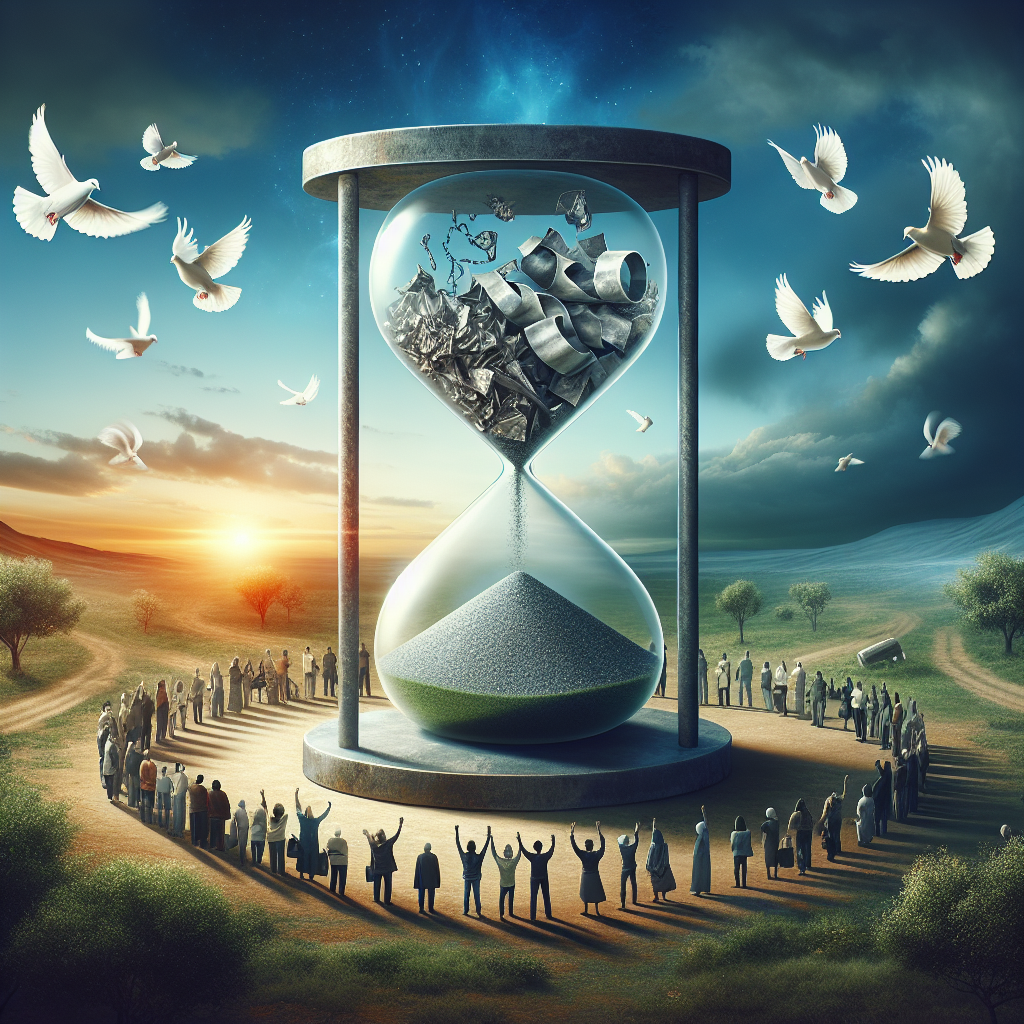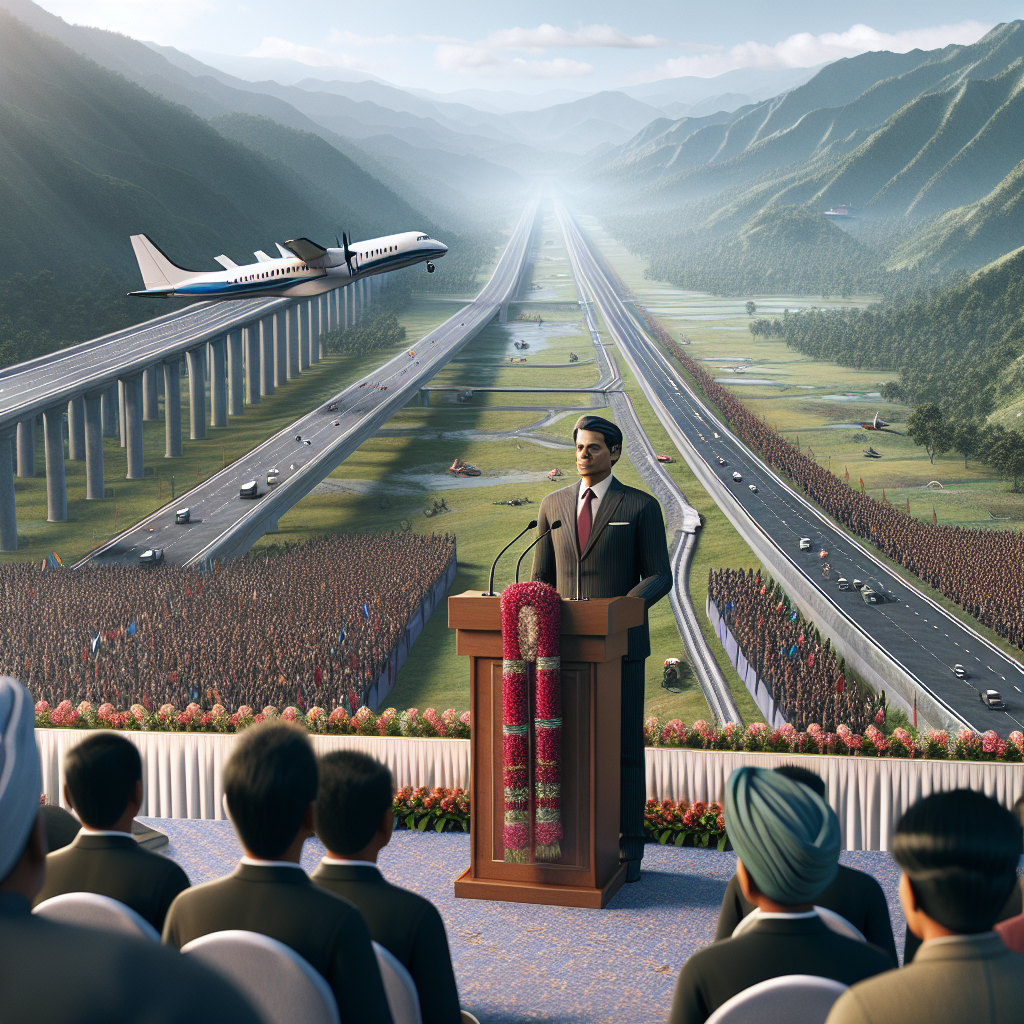As we approach the 80th anniversary of the Hiroshima bombing, a poignant narrative reminds us of the harrowing experiences of survivors and the reverberations of the tragedy through generations. A recent article on The Conversation, titled “Then the city started to burn: the fires were chasing me – 80 years on, Hiroshima survivors describe how the atomic blast echoed down generations,” uncovers the deeply personal and enduring impacts of the atomic bomb on the city’s survivors.
On August 6, 1945, an atomic bomb detonated over Hiroshima, Japan, leading to immediate devastation and a long-term legacy of suffering. The article vividly captures survivor testimonies, revealing scenes of destruction, loss, and the struggle for regained normalcy which many still grapple with today. These personal accounts serve not only as historical records but also as stark reminders of the human cost of nuclear warfare.
Survivors’ descriptions of their city on fire, the physical and psychosocial scars endured, and the challenges faced by subsequent generations in understanding their trauma underscore the complexities of nuclear war’s aftereffects. The article delves into the experiences of hibakusha, the term used in Japan referring to the explosion-affected people, illustrating their lifelong ailments and the discrimination they and their descendants have faced.
The article further explores the implications of survivor narratives in the discussion of nuclear disarmament and non-proliferation. By bringing hibakusha’s voices into public forums and academic discussions, awareness is raised about the realities of nuclear destruction. This plays a crucial role in global peace advocacy initiatives and provides a human perspective to the often abstract and technical discussions about nuclear capabilities.
Through educational outreach and survivor accounts, newer generations are informed and reminded of the past, bridging a gap that might otherwise lead to forgetfulness or indifference about the atrocities of nuclear warfare. Hiroshima’s commemorations are not just about remembering the past but also about applying these lessons to shape a safer, more secure future.
Let us heed the echoes from Hiroshima as recorded in these survivor testimonies. As the article from The Conversation highlights, recognizing the consequential echoes of Hiroshima’s past is crucial in steering toward a future where such history does not repeat itself. The narratives not only preserve the memory of those lost and the devastation experienced but are also fundamental to ongoing global discussions about peace, security, and human rights. Hiroshima remains a powerful testament to the destructive capabilities of humankind, as well as its incredible resilience and capacity for compassion.



